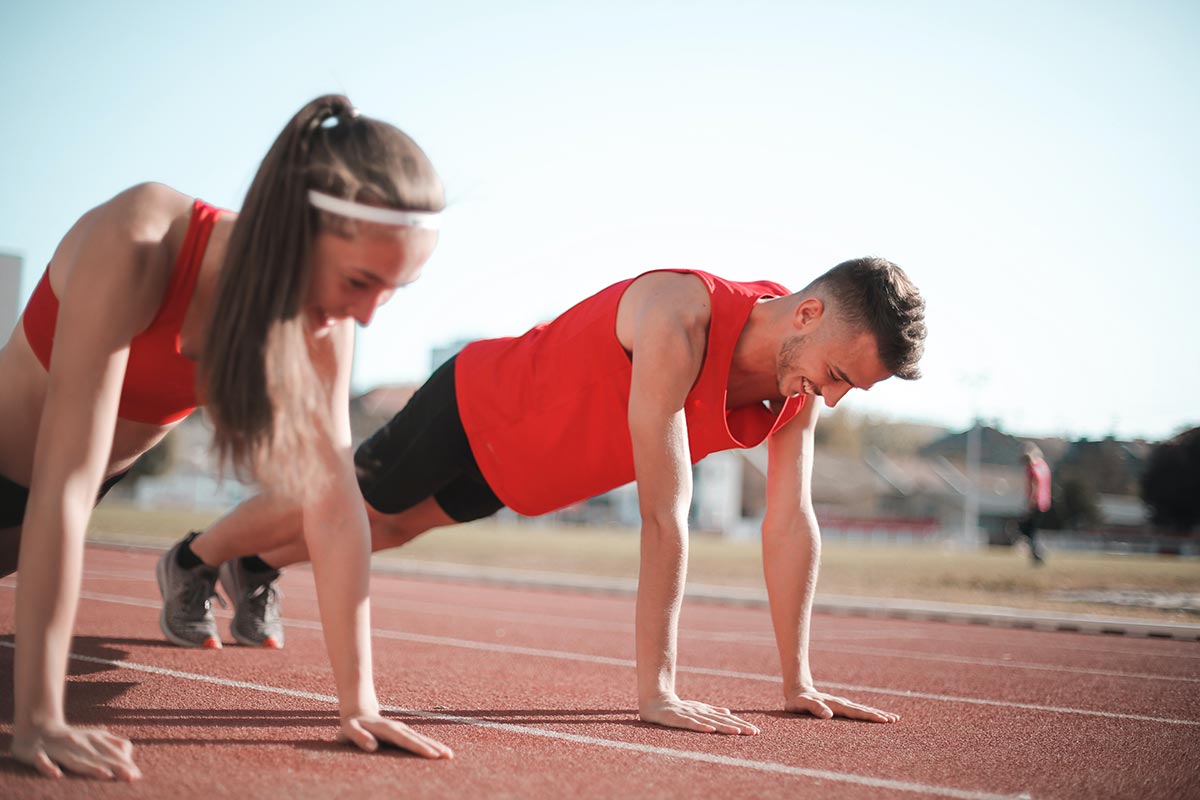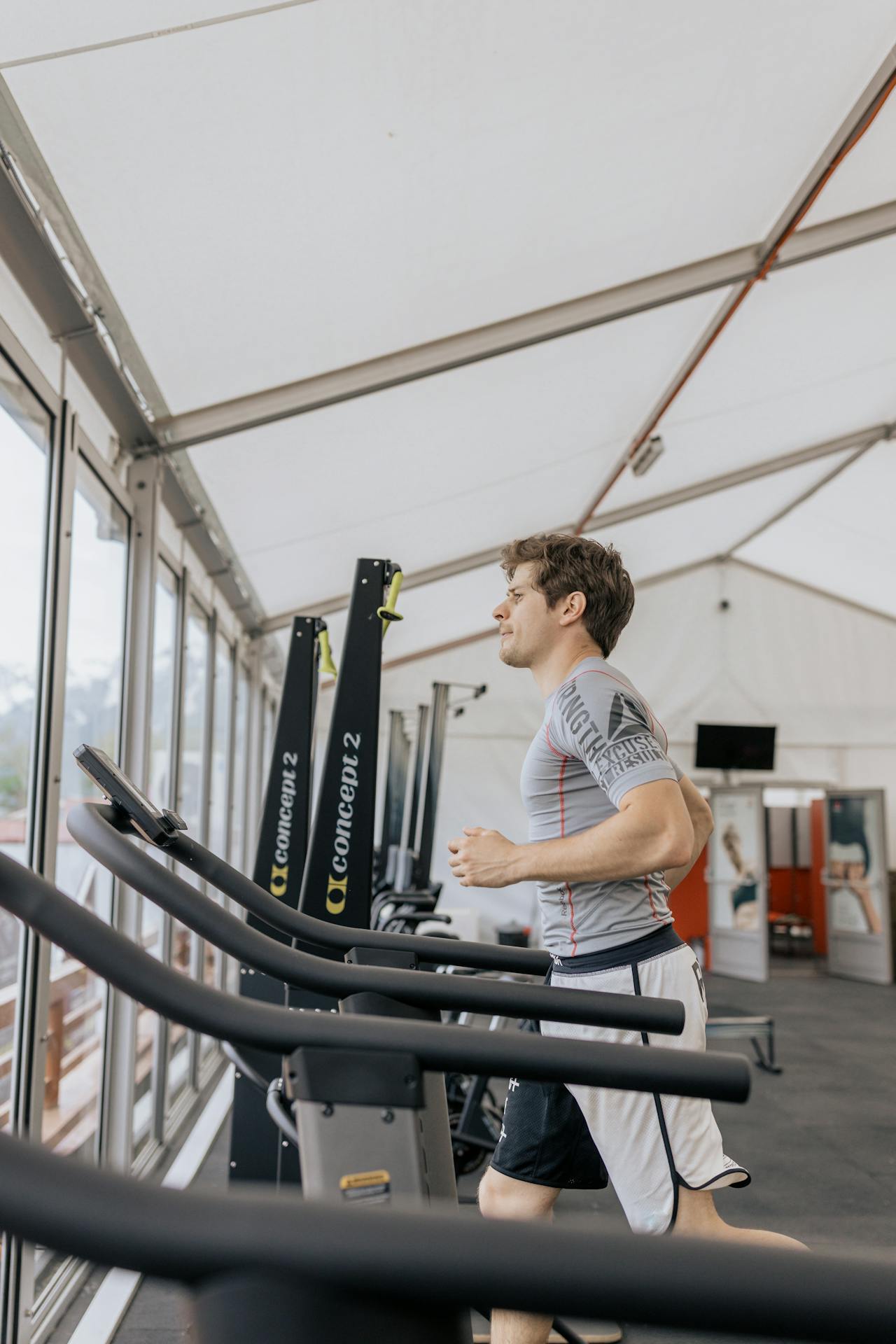If your idea of progress in the gym is measured only by how much you sweat, lift, or collapse onto the floor, it's time for a reality check. The global fitness scene—led by trends from the US and increasingly backed by science—has finally acknowledged what your muscles have been trying to tell you all along: Recovery isn't optional. It's mandatory.
Rest Days Are Not for the Weak
For decades, the fitness industry glorified "no pain, no gain". But in 2025, if you're still stuck in that mentality, you're not hardcore — you're outdated. Leading researchers confirm that without proper recovery, your strength, endurance, and muscle growth hit a wall. Worse yet, chronic under-recovery leads to hormonal imbalances, metabolic slowdown, and a lovely condition called "accumulated fatigue" — a slow, creeping form of exhaustion that sneaks up while you think you're crushing it.
The Rise of Recovery Culture
From Silicon Valley tech bros to CrossFit boxes in New York, recovery has become its own status symbol. Enter cryotherapy chambers, infrared saunas, percussion massage guns, and guided mobility sessions. Major fitness chains in the US now offer entire Recovery Zones — because apparently, sitting in an ice bath for three minutes while shivering in Lululemon shorts is the new badge of honor.
But behind the marketing lies a valid point: Your body doesn't grow during training. It grows when you rest — assuming you give it the right conditions.
Sleep: The Ultimate Recovery Hack
Forget overpriced gadgets for a moment. The most potent, scientifically validated recovery tool is sleep. Studies consistently show that 7 to 9 hours of quality sleep boosts muscle repair, hormonal balance, and mental performance. If you're skimping on sleep and wondering why you're plateauing, it's not your pre-workout's fault — it's your Netflix habits.
Wearables and the Data-Driven Rest Revolution
Enter the era of quantified recovery. Devices like the Oura Ring, WHOOP band, and Garmin smartwatches now track sleep, heart rate variability (HRV), and recovery metrics with alarming precision. Suddenly, knowing your HRV score is as common as flexing your biceps. While these tools can't replace common sense, they do help identify when you're genuinely ready to push — and when you should swap the gym for the couch.
Active Recovery: Movement That Heals
Rest doesn't mean turning into a human plant in front of your TV. Active recovery — think light mobility drills, foam rolling, low-intensity cardio, or even a walk in nature — enhances circulation, reduces soreness, and accelerates healing. The beauty? It's effective, accessible, and unlike most recovery gadgets, it won't max out your credit card.
Sustainability and Fitness: Recovery Goes Green
Recovery isn't just about your muscles — it's about your lifestyle. Increasingly, athletes and weekend warriors alike are questioning the environmental footprint of their fitness routines. Do you really need imported plastic recovery tools? Or could you swap some of that studio time for outdoor training — hiking, rucking, or cold water dips in natural lakes? It turns out, your body and the planet both benefit when recovery meets common sense.
Nutrition and Recovery: Food for Growth
All the foam rolling and sleep tracking in the world won't help if your diet resembles a late-night snack aisle. Recovery demands proper nutrition — protein to repair, carbs to replenish, micronutrients to regulate. Supplements like magnesium, omega-3 fatty acids, and glycine show promising effects on sleep and muscle recovery. But spoiler alert: they work best when your basic diet isn't a disaster.
Health First — The Rest Will Follow (Even the Muscles)
It's like the Old Testament of fitness: Help yourself, and the rest will fall into place — including your physique. If you put health first — smart training, proper rest, decent nutrition, and a little green vegetable here and there — better looks will inevitably follow.
Muscles, glowing skin, a sharp mind — those are not the goal, but the side effects of respecting your body. The opposite is far riskier: chasing aesthetics while neglecting health leaves you exhausted, frustrated, and ironically, looking worse over time. Pro tip: Nobody admires your immune system in the gym — but you’ll quickly notice when it crashes.
Mental Recovery: The Forgotten Piece
In 2025, fitness isn't just physical. Mental burnout, anxiety, and constant digital overload sabotage recovery as much as overtraining. Mindfulness, breathwork, and — brace yourself — occasional social media breaks are no longer fluffy wellness trends. They're proven tools to calm your nervous system and accelerate recovery. Because your brain needs rest just as much as your biceps do.
Train Hard, Recover Smarter
If you take your fitness seriously, it's time to take your recovery even more seriously. It's not a sign of weakness — it's the foundation for progress. In a world obsessed with pushing limits, those who master the art of pulling back — sleeping, eating, unwinding, and yes, occasionally lounging in a venous-friendly armchair — will outperform the overtrained, overtired masses.
So here's your new training mantra: Train hard, recover harder — because muscles grow, minds recharge, and real progress happens when you finally let yourself rest.
References
1. Kellmann M. et al., "Recovery and Stress in Sport: A Scientifically Based Review," Frontiers in Sports and Active Living, 2024.
2. Dupuy O. et al., "Effectiveness of Recovery Interventions on Performance and Well-Being in Sport," Sports Medicine, 2024.













